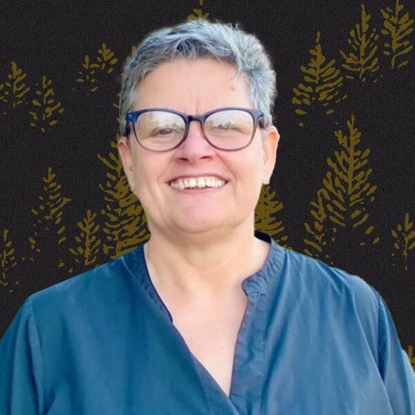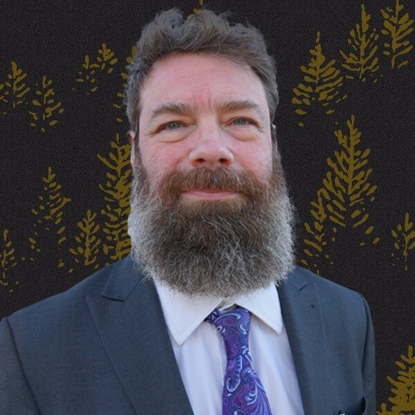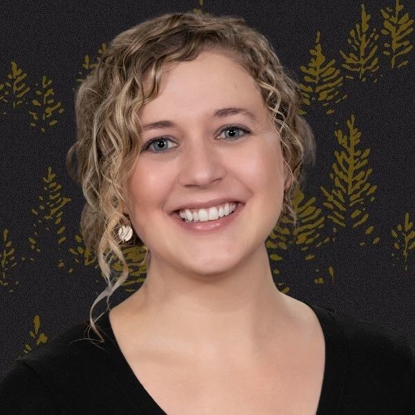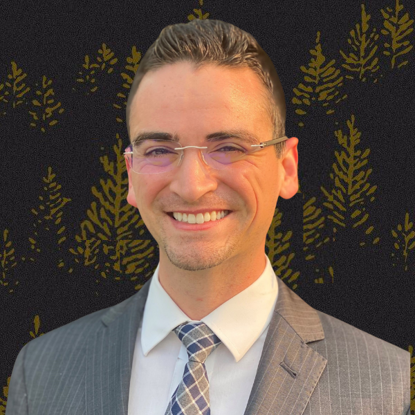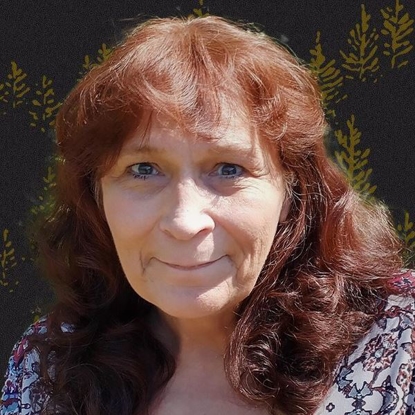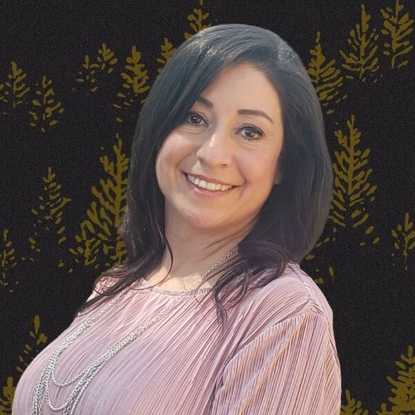
Beaverton Catastrophic Injury Lawyer
Helping Catastrophic Injury Victims in Beaverton, OR
At Pacific Cascade Legal, we understand the life-altering impact catastrophic injuries can have on individuals and their families. Our team of skilled and compassionate attorneys is dedicated to helping the residents of Beaverton, OR, who have suffered catastrophic injuries due to the negligence or wrongful actions of others. If you or a loved one has experienced a catastrophic injury, you don't have to face this challenging time alone. Our Beaverton catastrophic injury lawyers are here to fight for your rights, seek justice, and pursue the compensation you deserve.
Call (503) 217-2600 or contact us online today to schedule a free consultation.
What Is Considered a Catastrophic Injury?
A catastrophic injury is a severe injury that results in permanent disability. Catastrophic injuries can result from a car accident, a slip and fall, a defective product, or any other type of accident.
Catastrophic injuries can result in:
- Spinal Cord Injuries (SCI): SCI occurs when the spinal cord is damaged, leading to partial or complete loss of motor function and sensation below the site of injury. Paraplegia (loss of function in the lower body) and quadriplegia (loss of function in all four limbs) are common outcomes of spinal cord injuries.
- Traumatic Brain Injuries (TBI): TBIs are caused by a sudden impact to the head or a penetrating head injury that disrupts normal brain function. Depending on the severity, TBIs can lead to cognitive impairments, memory loss, motor coordination issues, and changes in behavior or personality.
- Burn Injuries: Severe burns can cause extensive damage to the skin and underlying tissues, leading to permanent scarring, loss of mobility, and susceptibility to infections. Inhalation injuries from toxic fumes during a fire can also lead to respiratory complications.
- Amputations: Amputation involves the loss of a limb, either due to traumatic accidents or medical necessity. Losing a limb can have a profound impact on an individual's mobility, independence, and overall quality of life.
- Multiple Fractures: In certain catastrophic accidents, individuals may suffer multiple fractures in different parts of their body. These injuries can require extensive surgeries, long-term immobilization, and rehabilitation.
- Organ Damage: Damage to vital organs, such as the heart, liver, lungs, or kidneys, can occur in severe accidents or medical emergencies. Organ damage often requires immediate medical intervention and can have long-lasting health implications.
- Severe Neurological Injuries: Other neurological injuries like strokes, anoxic brain injuries (lack of oxygen to the brain), or neurological disorders caused by accidents can also result in catastrophic consequences.
- Spinal Disc Herniation: A herniated disc occurs when the soft inner material of a spinal disc pushes through the tough outer layer, compressing nearby nerves and causing intense pain and possible neurological deficits.
- Crush Injuries: Crush injuries involve the compression of body parts between two heavy objects. These injuries can lead to severe tissue damage, nerve injuries, and even potential amputation.
How to Treat a Catastrophic Injury
The medical treatment, rehabilitative services, and accommodations required to treat catastrophic injuries depend on the specific nature and severity of the injury. Since catastrophic injuries often result in significant and permanent impairments, a comprehensive and multidisciplinary approach is usually necessary to address the physical, cognitive, emotional, and social needs of the individual.
Here are some common types of treatment and services:
- Acute Medical Care: Immediately after the injury, the individual will require emergency medical care to stabilize their condition. This may involve surgeries, wound care, and treatments to prevent complications.
- Rehabilitation Services: Following the acute phase, rehabilitation becomes a crucial component of the individual's recovery process. Different types of rehabilitation may be required:
- Physical Therapy: To improve mobility, strength, and range of motion.
- Occupational Therapy: To regain and enhance daily living skills and independence.
- Speech Therapy: For individuals with communication or swallowing difficulties.
- Cognitive Therapy: To address memory, attention, and problem-solving issues after brain injuries.
- Vocational Rehabilitation: To help individuals re-enter the workforce or find suitable employment.
- Pain Management: Catastrophic injuries can lead to chronic pain. Pain management techniques, including medication, physical modalities, and psychological interventions, may be necessary to improve the individual's comfort and quality of life.
- Assistive Devices: Depending on the injury, the individual may require assistive devices such as wheelchairs, prosthetics, orthotics, or mobility aids to enhance their independence and mobility.
- Home Modifications: Adapting the living environment is essential to accommodate the individual's specific needs. This may include installing ramps, handrails, and making bathrooms accessible.
- Adaptive Technology: There are various technologies available to aid individuals with catastrophic injuries, such as voice-activated devices, computer adaptations, and environmental control systems.
- Vocational Training: For those who are able and interested in returning to work, vocational training can help them acquire new skills or adapt their previous skills to their current abilities.
- Long-Term Medical Care: Individuals with catastrophic injuries often require ongoing medical care and monitoring to manage their health and prevent complications.
- Social Services: Social workers can provide support in navigating insurance, legal issues, and connecting the individual and their family with community resources and support networks.
- Recreational Therapy: Engaging in recreational activities adapted to the individual's abilities can improve physical and emotional well-being.
- Psychological and Emotional Support: Coping with catastrophic injuries can be emotionally challenging for both the individual and their family. Psychological counseling and support services are crucial to help them adjust and cope with the changes.
Why Should You Hire a Catastrophic Injury Attorney?
If you or a loved one has suffered a catastrophic injury in Beaverton, Oregon, don't hesitate to reach out to Pacific Cascade Legal for experienced and compassionate legal representation. Our dedicated team is ready to listen to your story, evaluate your case, and guide you through the legal process with care and expertise.
Contact us today at (503) 217-2600 to schedule a free, no-obligation consultation.

-
 About Us
About Us -
 Resources
Resources -
 Video FAQ
Video FAQ

Meet Your Advocates
Focused on Client Relationships, Integrity, Results & A Better Tomorrow
-
 Lewis Irwin Landerholm Founding Partner
Lewis Irwin Landerholm Founding Partner -
 Will M. Jones Partner
Will M. Jones Partner -
 Alan Nieczyporuk Attorney
Alan Nieczyporuk Attorney -
 Natalie Thorp Jr. Partner
Natalie Thorp Jr. Partner -
 Kimberly Brown Attorney
Kimberly Brown Attorney -
 Darin Wisehart Attorney
Darin Wisehart Attorney -
 Sarah Bain Attorney
Sarah Bain Attorney -
 Olivia Raymond-Williams Attorney
Olivia Raymond-Williams Attorney -
 Timothy Downin Attorney
Timothy Downin Attorney -
 Christy Carpenter Limited License Legal Technician
Christy Carpenter Limited License Legal Technician -
 Shanni Moore Paralegal
Shanni Moore Paralegal -
 Eryn Sisson Paralegal
Eryn Sisson Paralegal -
 Lauren Antrim Associate Manager of Finance, Human Resources & Administration
Lauren Antrim Associate Manager of Finance, Human Resources & Administration -
 Terrance Hogan Attorney
Terrance Hogan Attorney -
 Andy Kralios Attorney
Andy Kralios Attorney -
 Michael Trotter Attorney
Michael Trotter Attorney -
 Zach Santos Attorney
Zach Santos Attorney -
 Lisa Parsons Lead Paralegal / Workflow & Training Specialist
Lisa Parsons Lead Paralegal / Workflow & Training Specialist -
 Lesley Sepetoski Paralegal
Lesley Sepetoski Paralegal -
 Laura Pride Paralegal
Laura Pride Paralegal -
 Jeannette Cordova Paralegal
Jeannette Cordova Paralegal -
 Kailey Maginnis Paralegal
Kailey Maginnis Paralegal -
 Teena Quichocho Paralegal
Teena Quichocho Paralegal -
 Zulema Cornejo Paralegal
Zulema Cornejo Paralegal -
 Claudine McKague Legal Assistant
Claudine McKague Legal Assistant -
 Rachel Woleben Director of Finance, Human Resources, and Administration
Rachel Woleben Director of Finance, Human Resources, and Administration -
 Kari Landerholm Director, Marketing & Growth
Kari Landerholm Director, Marketing & Growth -
 Steve Altishin Director, Client Partnerships
Steve Altishin Director, Client Partnerships -
 Jeremy Armitage Associate Manager of Finance, Technology, and Administration
Jeremy Armitage Associate Manager of Finance, Technology, and Administration -
 Claudia Preciado Client Billing Manager
Claudia Preciado Client Billing Manager







